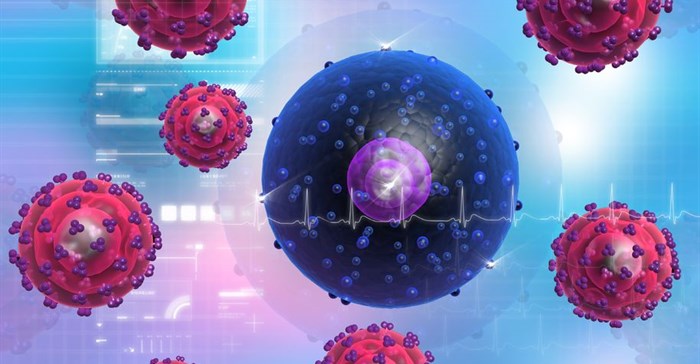
Top stories


ESG & Sustainability#BudgetSpeech2026: SRD grant unchanged, other Sassa social grants see hike
15 hours



More news












ESG & Sustainability
South Africa’s carbon tax should stay: climate scientists explain why










The 193 signatories have agreed to tackle drug-resistant infections as a priority. The nations have committed to:
Currently, it is estimated that more than 700,000 people die annually due to drug-resistant infections such as TB, HIV and malaria, but because of the lack of global data, it is feared that the real number is likely to be far more. By 2050, if left unchecked, drug-resistant infections will kill 10m people a year and cost the worldwide economy $100trn.
Chemotherapy would not be possible and even simple surgeries, such as hip operations, could be become life threateningly dangerous.
To tackle this urgent problem, there is no time to duplicate effort, so governments, philanthropic funders and research organisations committed to working together at the highest level to ensure that these investments are made in the most coordinated and effective way, to get maximum impact for the public as rapidly as possible.
This coordination is crucial to ensure funding covers all the areas of greatest need such as TB and that money is available where it is most needed, for instance in applied research to bring products to patients.